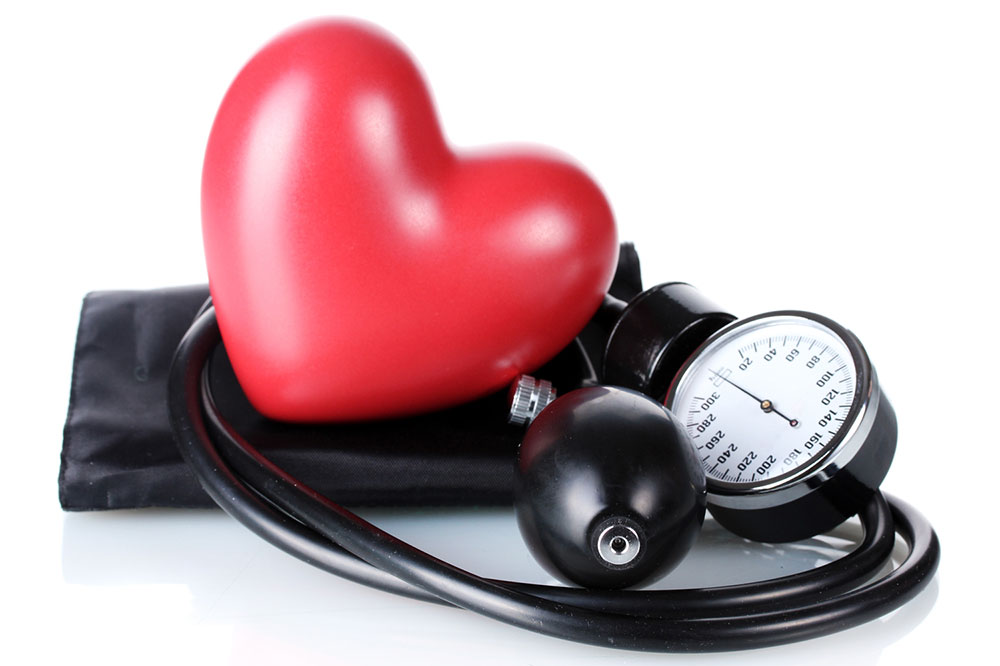Things to know about the heart and hypertension
High blood pressure or hypertension can damage the body over the course of many years, even before one can become aware of the signs and symptoms. Uncontrolled and untreated high blood pressure can cause various health conditions that could result in disabilities and affect the quality of life. A stroke or heart attack is most likely to occur if one has high blood pressure. Here’s what one should know about heart and hypertension.
Hypertensive heart disease
This health condition reflects the connection between the heart and hypertension. This is the most common health issue that occurs due to high blood pressure.

Heart and hypertension
Damage that could occur to the heart due to high blood pressure are:
Artery damage
The arteries are strong and flexible, and the lining is smooth, allowing blood to flow freely to various vital organs and tissues. When discussing the heart and hypertension, it is essential to note that high blood pressure impacts the blood flowing through the arteries. It can do this by:
- Damaging and narrowing the arteries
High blood pressure damages the smooth lining of the arteries.
When blood flows through a weak artery, it can cause the walls to balloon out or bulge. This is known as an aneurysm. When this bursts or ruptures, it can result in internal bleeding, which can be life-threatening. These aneurysms can occur anywhere in the body; however, they are most common in the aorta, which is the largest artery.
Heart damage
The link between the heart and hypertension can also be reflected in various heart issues. These are:
- Coronary artery disease
This occurs when the arteries supplying blood to the heart are damaged or narrow due to high blood pressure. This can result in very little blood reaching the heart. Symptoms of this include angina or chest pain, a heart attack, or irregular heart rhythms known as arrhythmias. - Enlarged left heart
Due to high blood pressure, the heart is forced to work harder to pump blood to the rest of the body. This could result in the left ventricle becoming enlarged or thickened. As a result, it increases the chances of heart failure, cardiac death, and heart attack. - Heart failure
This is most often due to the connection between the heart and hypertension. As the muscles of the heart strain due to high blood pressure, over time, they become weak and do not work as efficiently. This results in heart failure.
High blood pressure and heart attack
Over time, the above-mentioned damage that occurs to the heart due to high blood pressure could result in the heart muscles becoming weak, which could cause a heart attack. The indicative signs of a heart attack are pain in the arms, neck, back, or jaw; breathing issues and chest discomfort; dizziness or light-headedness; and nausea.
Preventive measures
Now that you know the link between the heart and hypertension, you can take measures to manage your pressure levels and avoid complications.
To keep your blood pressure levels in check and to reduce the risk of developing hypertensive heart disease, it is advisable to get your blood pressure checked at least once a year if you are above the age of 18. If you do have high blood pressure, it is necessary to get it checked more often to take measures to control it.
Ensure that you get at least 150 minutes of physical activity or exercise per week. This means about 30 minutes of exercise every day. Moreover, eating healthy and nutritious meals that are low in salt can also be beneficial. Managing stress more effectively through relaxation techniques such as meditation and yoga has also been found to be beneficial.
High blood pressure can not only cause damage to the heart but can also result in other problems such as vision issues and chronic kidney disease. Other health conditions such as diabetes and high cholesterol can also result in high blood pressure. It is best to speak to a doctor to find ways to keep pressure levels in check.

